Could your quartz kitchen worktops be causing you health issues? Experts reveal the truth behind the controversy
Quartz kitchen worktops have come under scrutiny due to associated health risks – here’s everything you need to know
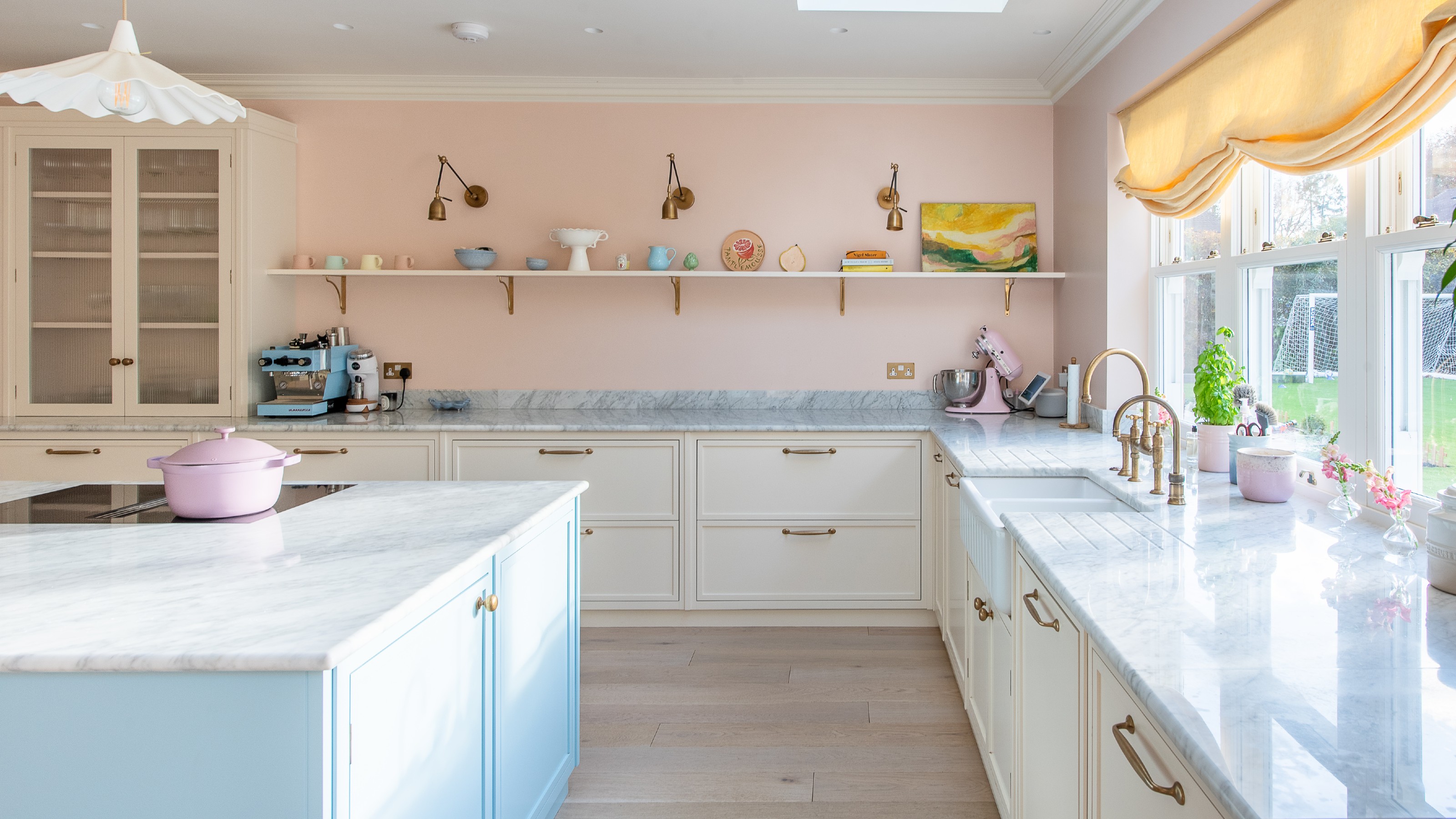

If you’ve recently renovated a kitchen and had to choose a worktop material or if you’ve come across the subject of kitchen worktops at all, you sure know about quartz. With its marble-like appearance and low-maintenance nature, this engineered stone has become a popular kitchen worktop choice. But it has recently come under scrutiny due to potential health risks.
The much-loved kitchen worktop idea contains a substance called silica as does any of the other natural stones like marble and granite, only in a higher percentage. And it’s this that is earning quartz a bad rep as inhaling silica can lead to respiratory disease.
However, experts want to set the record straight, saying that this risk is only posed to workers during the manufacturing process when the stone is being cut. There is absolutely no risk posed to customers and or even those that install the worktops.
Despite this, Australia is set to ban high-silica quartz (quartz with more than 40% of silica) from July of this year to protect stonemasons and promote low-silica quartz instead. As there is such a thing as quartz with 5 to 40% of silica. So don’t write off quartz altogether.
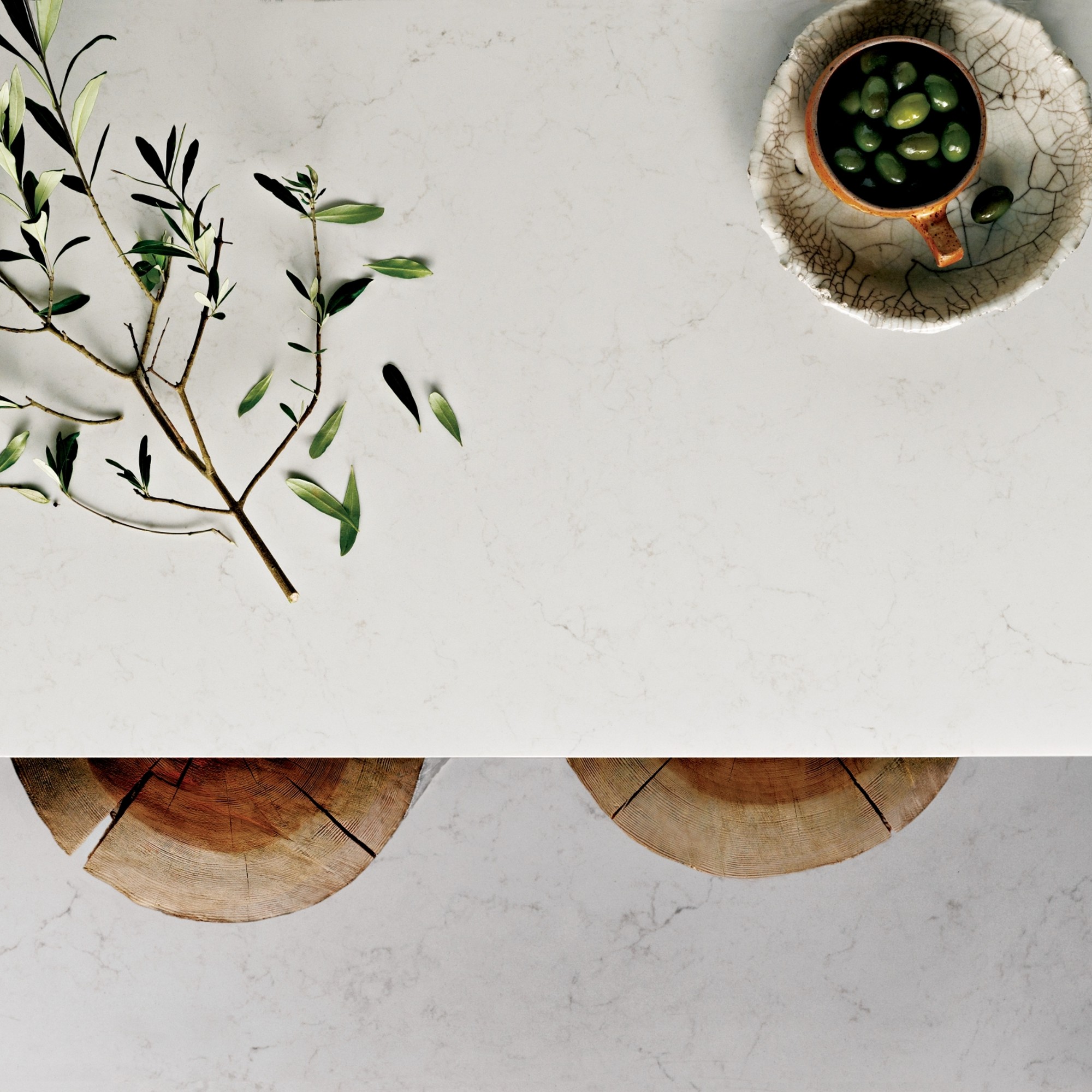
Quartz kitchen worktop warning
‘There are a wealth of quartz materials and worktops on the market that contain a low-silica percentage (40% and under),’ reiterates William Durrant, owner of Herringbone, the first UK company to ban high-silica quartz. ‘What is important to understand is that silica is naturally occurring in stone such as granite and marble at between 5 and 40%, however, in engineered quartz it can be as high as 97% and this stone is currently one of the dominant products in the market in the UK.
'While this product is not currently being considered for a ban in the UK, it will be banned in Australia from July 2024 and other countries are considering similar bans, being labelled the next asbestos.’
People have recently been loving quartz, becoming a real kitchen trend as it is an easier to maintain compared to marble as it is less porous and therefore easier to clean. More and more customers are moving away from marble to similar-looking but lower-maintenance alternatives, including Tan France and his natural quartzite kitchen worktop choice.
Get the Ideal Home Newsletter
Sign up to our newsletter for style and decor inspiration, house makeovers, project advice and more.
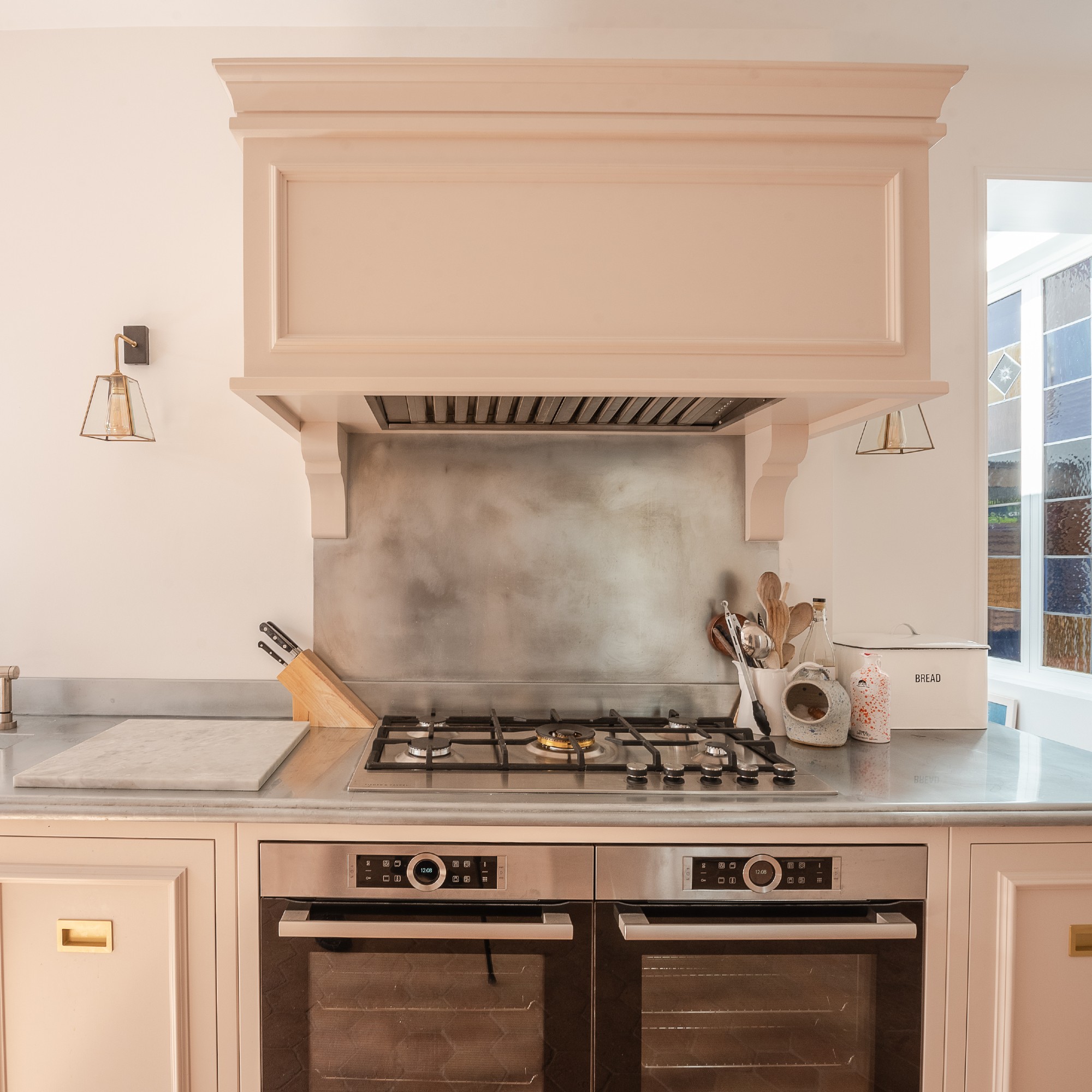
But this scandal might leave a bad taste in people’s mouth and might opt for something like porcelain instead, boasting similar benefits and qualities, when choosing kitchen worktops.
The institution that brought this controversy to light is the University of California (UCSF), publishing a report about silica and its effects on California workers.
‘A report from the University of California most recently revealed the risks posed by the use of high-silica quartz in engineered stone,’ says Paul Dore, managing director and kitchen worktop expert at County Stone Ltd. ‘They noted a link between the dust and serious respiratory illnesses among workers in California. However, it’s important to note that respirable dust has always been a cause for concern within the construction industry, and as such, measures should be taken to minimise these risks.
'At County Stone, like other reputable worktop fabricators, we have all the controls in place to process this material safely and protect both workers and customers.’
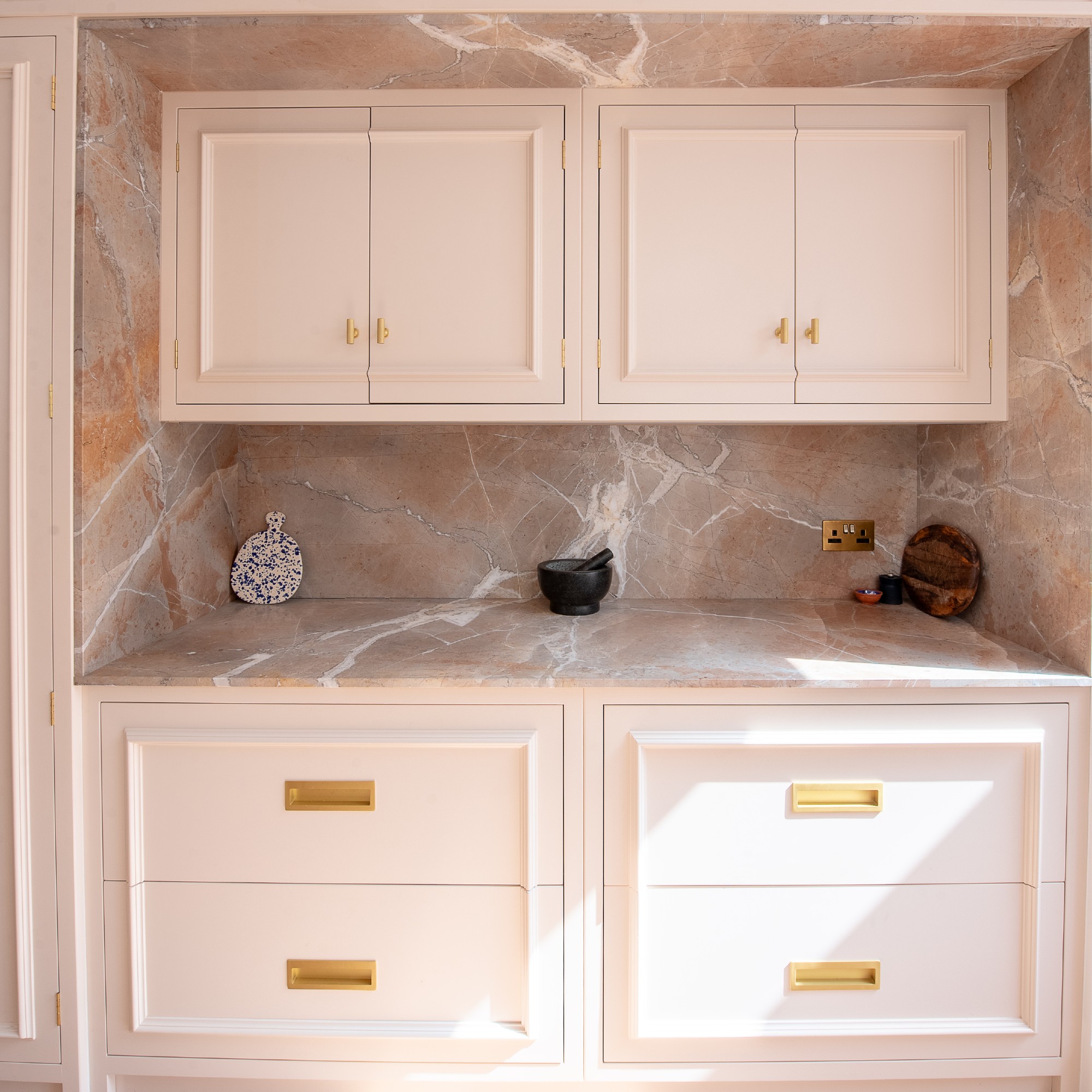
A statement from the Worktop Fabricators Federation (WFF) adds, ‘There is no health risk in handling, shipping, installing or using engineered stone worktops. Fine particles of respirable silica dust are created only during the cutting and polishing processes at the manufacturing stage. They are therefore purely to do with factory management in the fabrication process.’
So while avoiding high-silica quartz might be better, similarly to opting for ethically manufactured clothes rather than mass-produced garments made in sweatshops, there is nothing wrong with quartz as a kitchen worktop and there is no reason to avoid it. Or fearing for your health and uninstalling it if you already have a quartz countertop.

Sara Hesikova has been a Content Editor at Ideal Home since June 2024, starting at the title as a News Writer in July 2023. She is now also the Ideal Home Certified Expert in Training on Furniture, and so far has tested 80 different sofas.
Graduating from London College of Fashion with a bachelor’s degree in fashion journalism in 2016, she got her start in niche fashion and lifestyle magazines like Glass and Alvar as a writer and editor before making the leap into interiors, working with the likes of 91 Magazine and copywriting for luxury bed linen brand Yves Delorme among others.
-
 Zoe Ball's colourful kitchen island shows how easy it is to create a characterful cooking space - here's how she did it
Zoe Ball's colourful kitchen island shows how easy it is to create a characterful cooking space - here's how she did itBeing brave with colour will reap huge rewards
By Holly Cockburn
-
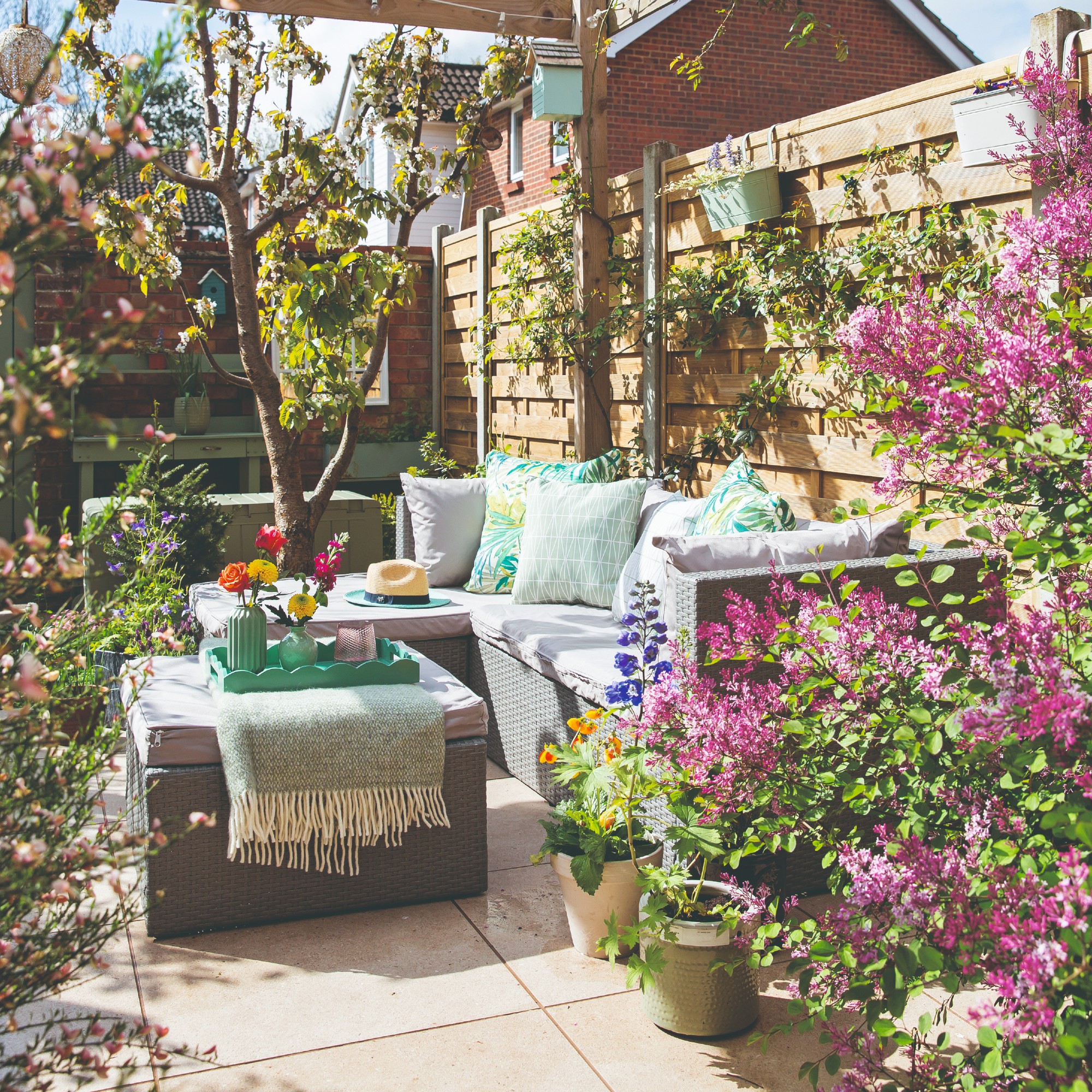 7 plants that will make your patio smell gorgeous - the top fragrant picks experts recommend potting up
7 plants that will make your patio smell gorgeous - the top fragrant picks experts recommend potting upFrom aromatic flowers to fragrant herbs
By Kayleigh Dray
-
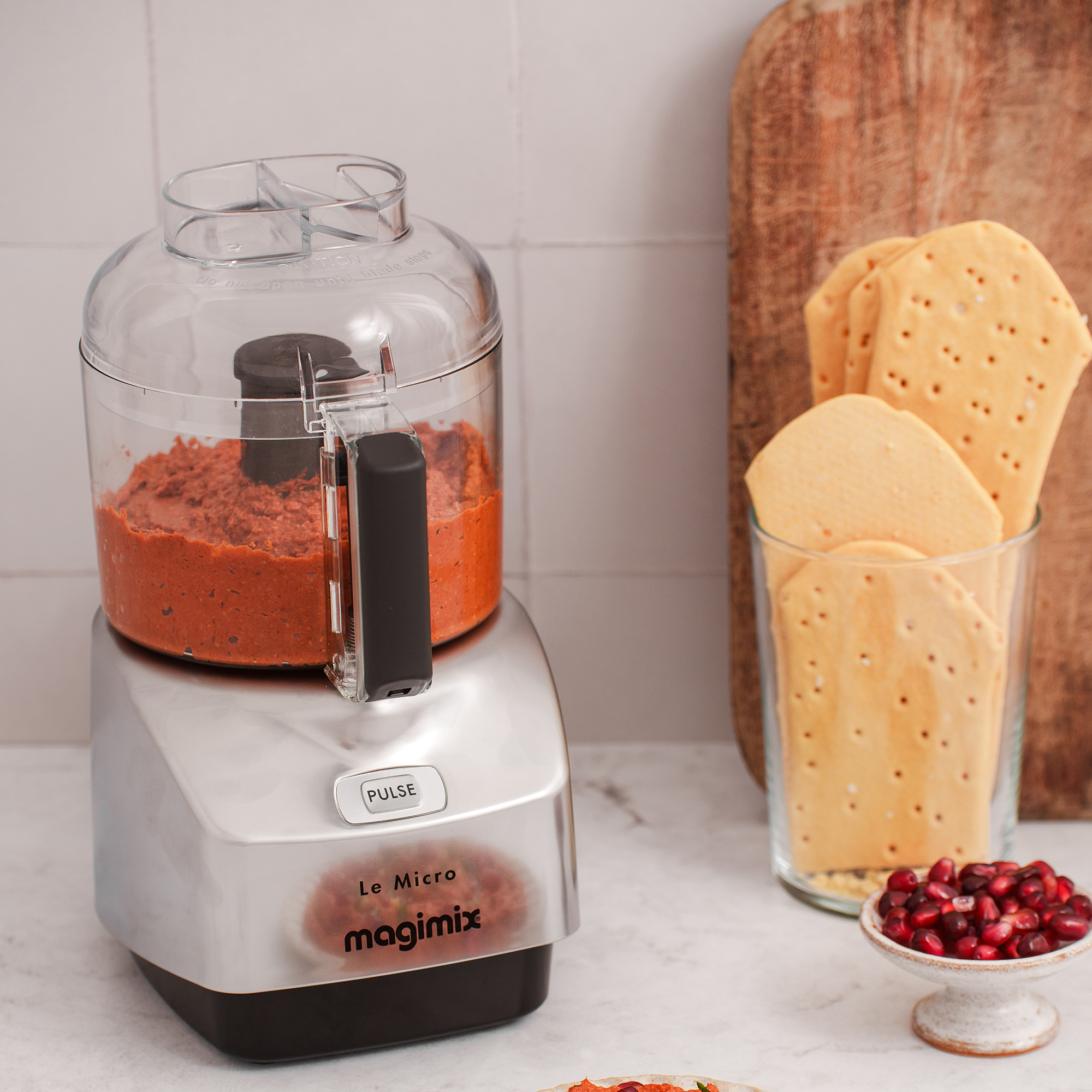 I won't gatekeep - Magimix's new small kitchen-friendly mini chopper is my secret to delicious lazy dinners
I won't gatekeep - Magimix's new small kitchen-friendly mini chopper is my secret to delicious lazy dinnersMy homemade pesto pasta has never been better
By Holly Cockburn